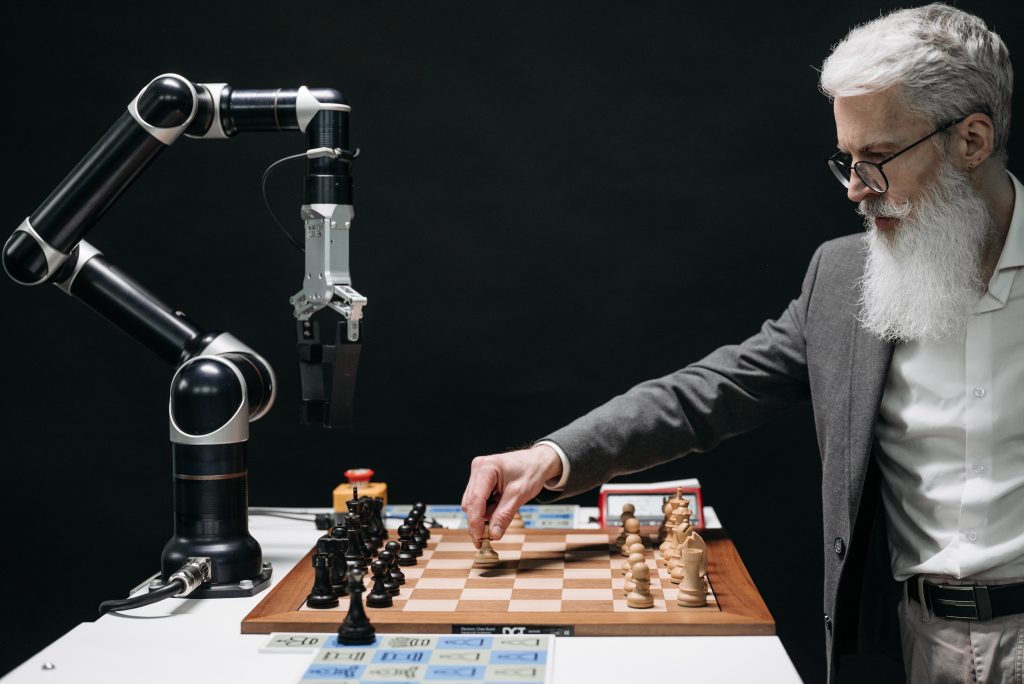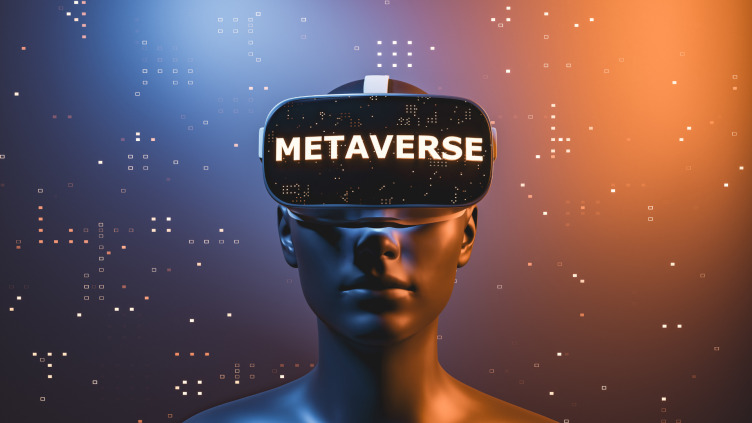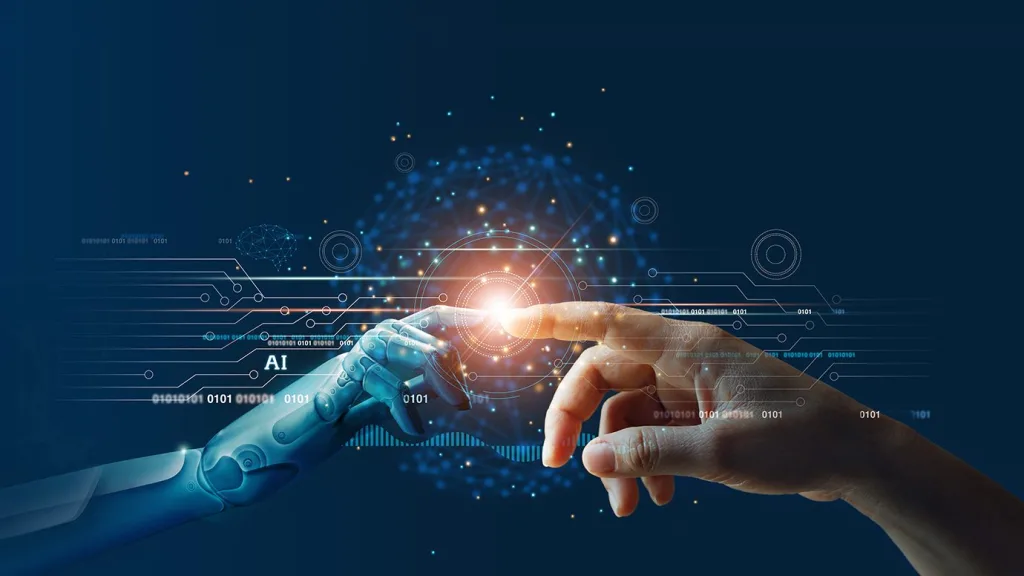Artificial intelligence is indeed a rapidly evolving field, with innovations happening at an astonishing pace. This transformative technology is leaving its mark on various industries, including big data, robotics, and IoT. Notably, generative AI, represented by tools like ChatGPT and AI art generators, is gaining widespread attention.As we look ahead, approximately 44 percent of companies are poised to invest significantly in artificial intelligence and incorporate it into their operations. In 2021 alone, IBM’s inventors secured 9,130 patents, and a substantial 2,300 of them were related to AI.The undeniable fact is that artificial intelligence is poised to continue reshaping our world. But the question remains: In what precise ways will AI influence our future?
Impact of Artificial Iintelligence in different Industries
The influence of modern AI, particularly “narrow AI” rooted in deep learning and machine learning, is pervasive across virtually every major industry. This impact has intensified in recent years due to the exponential growth of data collection and analysis, driven by robust IoT connectivity, an explosion of interconnected devices, and ever-faster computer processing.
Many experts believe that assumptions about the limitations of intelligent software are misguided. David Vandegrift, CTO and co-founder of 4Degrees, a customer relationship management firm, underscores the ongoing potential for AI advancements.

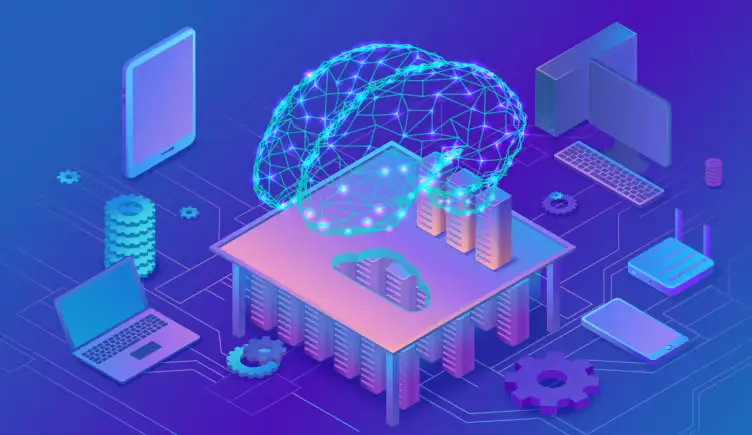
Artificial Intelligence in Transportation
AI is poised to revolutionize the transportation industry, and several key developments are already in progress. Self-driving cars and AI-powered travel planning are among the noteworthy advancements set to transform how we move from one location to another. While autonomous vehicles are still evolving and facing challenges, they hold the promise of becoming a common mode of transportation in the future.

Additionally, AI is enhancing transportation in various ways beyond self-driving cars. AI algorithms are optimizing traffic management systems, reducing congestion, and improving overall safety. Furthermore, AI-driven route planning and navigation apps are making travel more efficient by providing real-time updates and alternate routes based on current conditions. With AI’s continued integration into transportation, the industry is on the cusp of a significant transformation that will benefit commuters, cities, and the environment alike.
Artificial Intelligence in Manufacturing
AI has played a pivotal role in transforming the manufacturing sector for several decades. Dating back to the 1960s and 1970s, AI-enabled robotic arms and other manufacturing bots have been instrumental in enhancing productivity. These industrial robots often collaborate with human workers to complete specific tasks, such as assembly and stacking. Additionally, AI-driven predictive analysis sensors help maintain equipment efficiency, ensuring seamless operations within manufacturing facilities. This longstanding integration of AI technology continues to revolutionize the industry, improving efficiency and product quality.
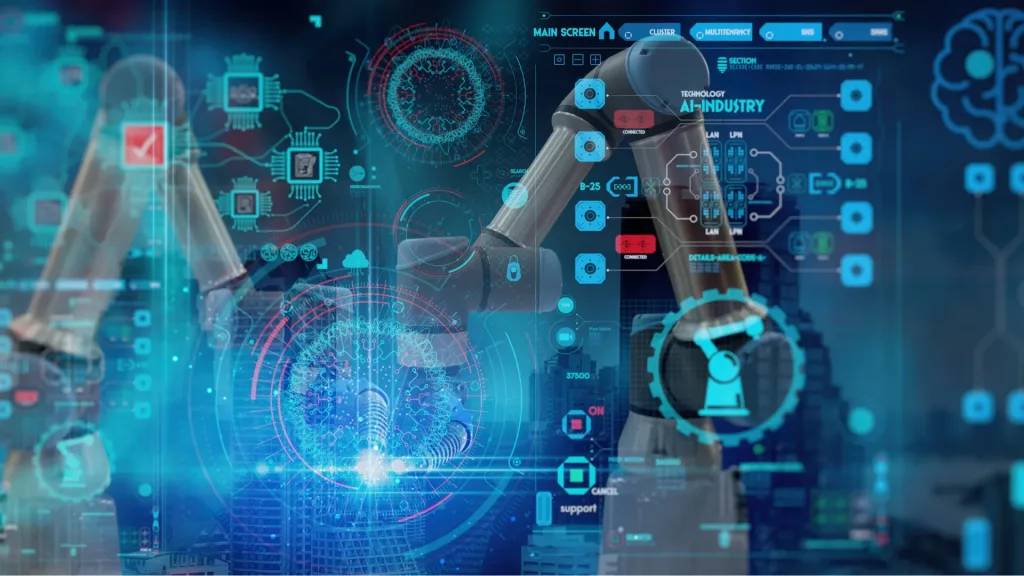
In recent years, AI’s impact on manufacturing has expanded even further. Advanced machine learning algorithms are now employed for predictive maintenance, enabling manufacturers to anticipate equipment failures and schedule maintenance proactively, reducing downtime and production costs. AI-driven quality control systems can quickly identify defects and anomalies in real-time, enhancing product quality and reducing waste. Moreover, AI-powered supply chain management optimizes inventory levels, streamlines logistics, and ensures just-in-time deliveries. As AI continues to evolve, it promises to make manufacturing processes even more efficient, cost-effective, and adaptable to changing demands, solidifying its pivotal role in the industry’s future.
Artificial Intelligence in HealthCare
Artificial Intelligence (AI) is making significant inroads into the healthcare sector, promising transformative changes in patient care, diagnostics, treatment, and healthcare management. AI applications in healthcare are diverse and rapidly evolving, and they hold the potential to improve medical outcomes and streamline healthcare operations.
One of the most promising areas of AI in healthcare is diagnostic support. Machine learning algorithms, powered by vast datasets, can analyze medical images such as X-rays, MRIs, and CT scans with remarkable accuracy. These AI systems assist radiologists and clinicians in detecting diseases, identifying abnormalities, and making more informed decisions, ultimately leading to earlier diagnoses and better patient outcomes.
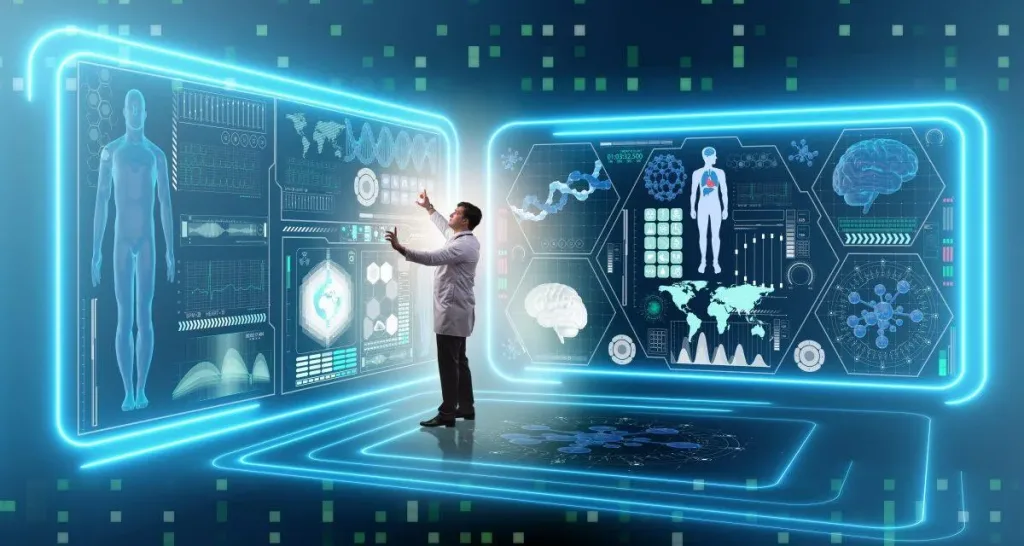
AI is also revolutionizing patient care through predictive analytics and personalized medicine. By analyzing patient data, including genetic information, medical history, and lifestyle factors, AI can help healthcare providers predict disease risks, tailor treatment plans, and optimize medication regimens for individual patients. This personalized approach not only improves treatment effectiveness but also reduces adverse effects and healthcare costs.
Moreover, AI-driven chatbots and virtual assistants are enhancing patient engagement and accessibility to healthcare services. Patients can receive immediate responses to medical queries, schedule appointments, and access healthcare information conveniently, improving overall healthcare experiences.
Administrative tasks in healthcare, such as billing and scheduling, are also being streamlined with AI. Automation of routine administrative processes allows healthcare professionals to focus more on patient care, reducing administrative burdens and increasing efficiency.
